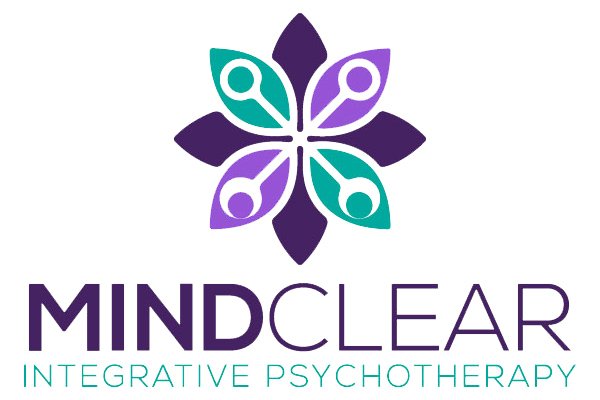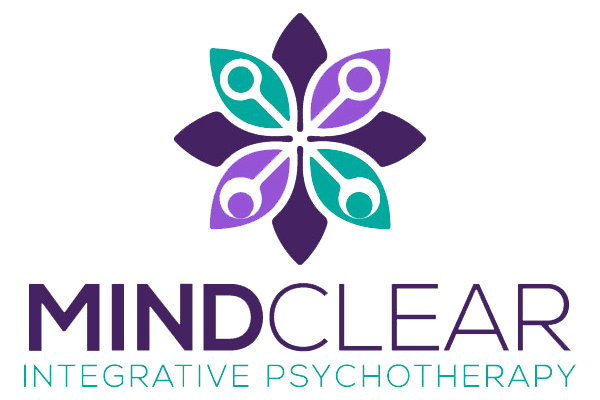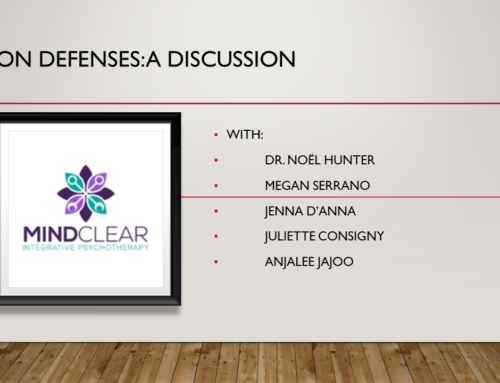Finding Acceptance in What You Can’t Control

Photo by Daniele Levis Pelusi on Unsplash
One of the few certainties in life is that you do not have control. No matter how hard you may try, eventually something you didn’t predict will find you. Anxiety usually comes from refusing to believe this and clinging to control anyway. It stands to reason, then, that to decrease suffering you need to accept the uncontrollable.
Finding Safety
Being able to predict the future provides a sense of safety. Even if you don’t really have control of a situation, the felt experience of feeling like you do, in this very unpredictable world, can feel like you’re being taken care of. It’s calming, soothing, like a chilled lemonade on a hot NYC summer day.
Predictability = Safety.
This is why you may find yourself in similar patterns of behaviors, relationships, and environments, even if these experiences don’t align with your current goal for yourself. Even if it isn’t the best for you, at least it’s predictable. The brain is designed for survival, not necessarily rationality. A lot of the patterns you find yourself in are going to be based in your historical ways of unconsciously finding safety and staying in control of your life.
This need for predictability and safety is particularly strong for survivors of trauma. Growing up with chaos; never knowing when someone might lose their temper or reject you; not being able to protect yourself from harm can lead you to have an almost compulsive need to make sure that it never happens again.
Now you may be asking why you need to learn to be okay with being out of control. That sounds terrible! Or maybe you’re thinking “This doesn’t happen to me, I’m a go with the flow kind of person.” Well, if you’re reading this article, it’s probably because the issue of control has been having an impact on your life one way or the other. As terrifying and counter-intuitive as it may seem to just sit back and let things happen, it’s actually the most important thing to do in order to feel good.
Need for Control & Anxiety
You may have learned to cope with uncertainty and fear by trying to always be prepared and/or to avoid situations or people that can feel threatening. This, of course, makes sense. While some amount of being on guard, especially if something feels threatening, is wise, too much is not a good thing.
Not being able to tolerate uncertainty often leads to rigidity with ideas about the world and relationships. Perfectionism is another example of trying to stay in control to avoid feeling potentially bad feelings or rejection. Isolation and lack of spontaneity are also manifestations of needing too much control.
All of these efforts to control what you can’t inevitably results in anxiety. When you endlessly ruminate about what might happen in the future or try to mold the world around you to fit with your beliefs, the hypervigilance manifests as a chronic state of worry, panic, and edginess. This state of anxiety can impact your relationships and identity, further reinforcing feelings of fear.
The more fear you feel, the more you need predictability, and the more anxious you become.
While you might be feeling fearful, others may experience you as angry or attempting to get your way through manipulation. You might find yourself shutting down, exploding in rage when things don’t go the way you had predicted or expected, and feeling hopeless or depressed. This definitely does not result in feeling safe.
Anxiety is Normal … Sometimes
Everyone at some point will feel anxious as a result of trying to control what is uncontrollable. This is normal. Again, the human brain is designed for survival.
You are doing what your brain knows to do. GET BACK TO PREDICTABILITY by trying to get the situation to go as you planned it to. There is no shame in these behaviors.
How frequently or severely the reaction towards feeling out of control can become usually depends on your history of trauma and lack of stability in life (especially during childhood). However, when the need for control gets, well, out of control, it stops protecting you and actually starts hurting you.
The behaviors stemming from efforts to control impacts your relationships with others and with yourself. It can make you fearful of trying something new. You might have difficulty trusting yourself or others. Despite how hard you try to make things a certain way, it can instead lead you to not meet goals or to underperform due to the level of stress you are coping with.
While some amount of control and anxiety are just part of being human, there is a level at which something might need to change. And that tends to involve acceptance.
Finding Acceptance
Being out of control can be really uncomfortable, scary and feel unsafe. That’s, of course, why so many try to avoid it. Avoidance only gets you so far, however.
Oddly enough, acceptance and learning to cope with the uncontrollable actually leads to greater feelings of stability, empowerment, and safety. Knowing that you can deal with most things that come your way allows you to find strength in the unknown. There are a few concrete steps you can take to help you get there.
“Name it to tame it”, psychiatrist Dr. Daniel Siegel says. This is a helpful tool towards getting yourself out of your emotional brain back to your thinking brain, so to speak. It allows you to identify the feelings so you can work with them instead of against them.
When you can identify and bring mindfulness towards when you are feeling helpless to a situation, you can start to implement a new way of responding. It also builds tolerance for uncomfortable emotions. Tolerating your emotions is essential for building your skills to manage your emotions. You can’t cope with things that you don’t allow yourself to feel.
Building acceptance is meeting yourself where you are and giving permission to be there. It can look like self-compassion, providing understanding for yourself and ALL of your feelings that are coming up.
You also need to move beyond just what’s in your head. Addressing your body’s physical reaction towards uncomfortable emotions is essential. Here are a few methods:
- Breath work like the 4- 7 breath (breath in for 4 seconds, breath out for 7)
- Take a few big sighs. This is your body’s natural regulating breaths
- Ground yourself through using your five senses
- Engage in physical exercise, like going for a brisk walk
- Find nature
- Progressive muscle relaxation exercises
You can also talk to a trusted friend/ partner/ co-worker about your feelings that are coming up. Connecting with others about your feelings helps you to consider perspectives you might not have on your own. It also prevents you from isolating and helps you build greater openness.
As you build your acceptance, you may find that you to feel LESS out of control and LESS helpless. When you can regulate your emotions that come up, build tolerance towards your discomfort instead of trying to avoid or fix it, you can start to identify what you actually have control over. That’s when you can make real change and feel safe once and for all.









